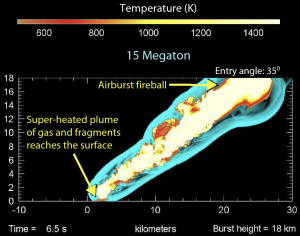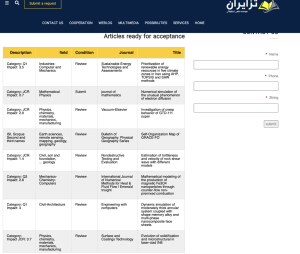Have you heard about hijacked journals, which take over legitimate publications’ titles, ISSNs, and other metadata without their permission? We recently launched the Retraction Watch Hijacked Journal Checker, and will be publishing regular posts like this one to tell the stories of some of those cases.
Certain legitimate journal types are particularly susceptible to hijacking, including niche or trade journals published in English or local languages, print-only journals, and journals indexed in international databases like Web of Science or Scopus. Hijackers typically avoid journals from big, reputable publishers such as Springer, Wiley, and Elsevier.
As a result, multiple networks of hijacked journals created by different cybercriminals target the same legitimate journals, potentially causing the same legitimate journals to have multiple clone websites.
The Retraction Watch Hijacked Journal Checker contains a few examples of journals that have been hijacked twice, such as the journal Gorteria (ISSN 0017-2294)
But hijackers have created at least five clone websites for the Seybold Report, a trade publication focused on graphic arts technology. The first clone website was created in 2020 by an Indian network and continued to deceive scholars until 2021. The content of the hijacked journal ended up in Scopus, similar to many other cases of hijacked journals. That clone website has since been deactivated and Scopus has deleted the unauthorized content.
Continue reading How many times can a journal be hijacked?







